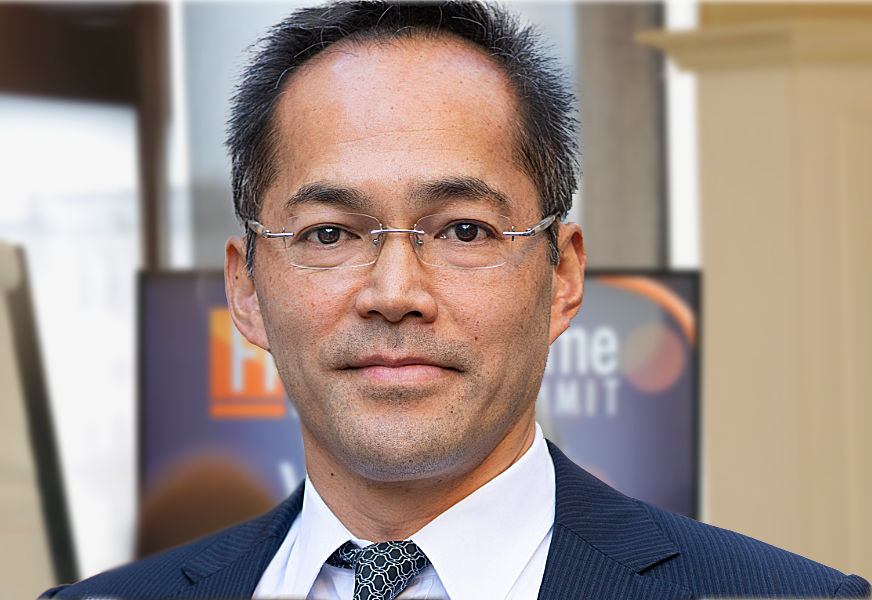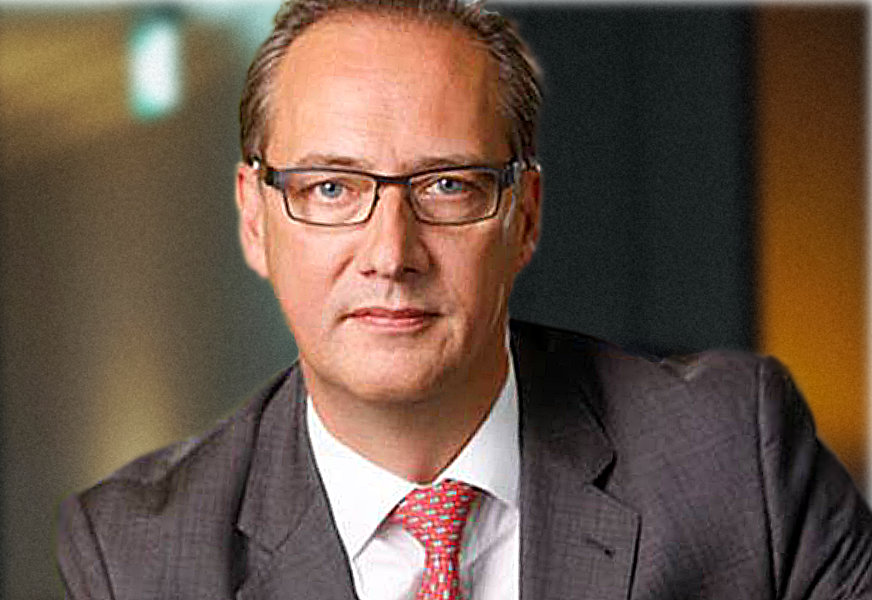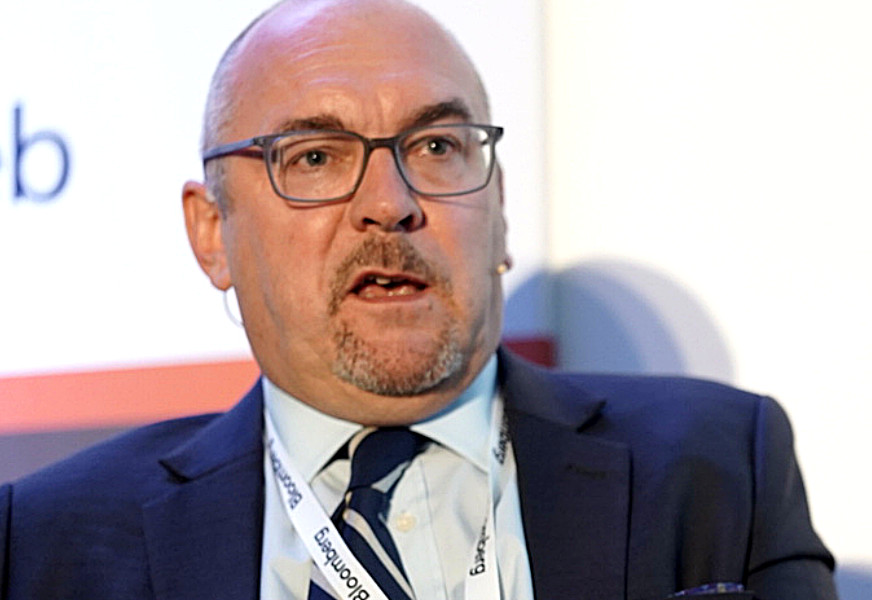Investors remain optimistic on debt markets despite the possibility of higher inflation, Fed tapering and disruption from structural changes in China according to discussions at the Fixed Income Leaders’ Summit in London on 6 October.

Stephen Li Jen, chief executive officer and co-chief investment officer at Eurizon SLJ Capital, said investors have a long list of worries but they are not congruent with the market’s Sharpe ratio.
He said, “The markets have performed extraordinarily well with relatively low volatility in the light of the macro uncertainties.”
He continued that the key question for investors over the next year is whether economic fundamentals will stabilise and the market is correct in pricing in a more tranquil future.
“I tend to think the market is right and many of the worries will drop off in the future,” said Li Jen.

One worry is whether rising inflation is transitory or will become permanent. Guy Verberne, chief economist at PGGM Investments, said inflation can take on a life of its own as expectations are very sticky and hard to move. He cited the length of time it took the Federal Reserve to reduce inflation to around 2% from the high levels in the early 1980s.
“In the early 1970s continuous supply shocks fed into inflation expectations,” Verberne added. “That is something that central banks are currently very nervous about, and they will be watching inflation expectations and wage negotiations.”
Verberne explained that it is hard to say whether current inflation is transitory as it relates to bottlenecks in supply chains and normalisation of prices after lockdowns ended, rather than strong demand. However. as trade appears to be becoming less global, and more regional, it will be more difficult for supply chains to adjust to changes in demand which could impact markets.

Default risks not shaking long term China buyers
Christopher Iggo, chief investment officer at AXA Investment Managers, said the case for investing in China over the longer term is still quite strong in both equities and debt as developed market investors are still underweight in terms of market cap.
He explained there will be significant changes in the Chinese model in the short-term with the government’s focus on common prosperity.
“The authorities want to clamp down on leverage and speculation throughout the economy,” Iggo said. “In the short term, I would hang back a little and see how things settle down. There has been some contagion to the rest of the Chinese credit market and Asian markets more broadly which opens up some opportunities, but maybe not quite now.”
Li Jen said the distinction between short term and long term is absolutely critical in China. “We may see some pain in the short term, but in the long term it is still very investable and an important opportunity for investors,” he added.
However, Li Jen highlighted geopolitical risk related to Taiwan. “I grew up in Taiwan so maybe I’m biased but it could become market moving,” he added.
Fed tapering
Iggo said that it looks as if the US Federal reserve will start tapering soon.
“The devil will be in the details, such as how quickly and how much, but the market is expecting it so I don’t think it’s a big game changer,” Iggo added. “Liquidity is still going to be very plentiful globally and it makes Treasuries the standout risk-free asset because of the deficit.”
He is slightly concerned that volatility in equities and concerns about growth could lead to widening of credit spreads, but said that is a possible buying opportunity, particularly if risk-free rates increase.
“I am not overly bearish on fixed income although we may go through a bit of a price adjustment,” Iggo added.
Conference photos courtesy of Richard Hadley.
©Markets Media Europe 2025


























